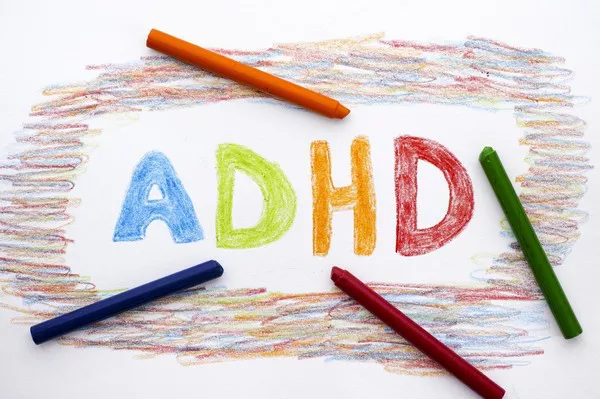A longitudinal study spanning 20 years, conducted by researchers at King’s College London, has shed light on the adult trajectories of individuals diagnosed with ADHD in childhood. Published in The Lancet Psychiatry, the study followed 500 participants, revealing that while many learn to manage symptoms, nearly 65% continue to experience significant impairments in work, relationships, and mental health.
One striking finding was the high prevalence of comorbid conditions, such as anxiety and depression, in adults with ADHD. Nearly half of the participants reported at least one psychiatric diagnosis by age 30, underscoring the need for lifelong support. The study also found that early intervention with a combination of medication and behavioral therapy significantly improved long-term outcomes, reducing the likelihood of substance abuse and unemployment.
These findings challenge the outdated notion that ADHD is a childhood disorder that people “grow out of.” Instead, they highlight the importance of continued care and adaptive strategies for adults. Policymakers are now being urged to expand mental health services for this population, including workplace accommodations and specialized therapy programs.
As awareness grows, advocacy groups are pushing for broader societal changes, such as reducing stigma in educational and professional settings. The study’s authors emphasize that with the right support, individuals with ADHD can thrive, but systemic barriers must be addressed to ensure equitable opportunities.
You Might Be Interested In:
- The Rise of Digital Therapeutics: FDA-Cleared Apps for Adjunct Psychopharmacology
- Personalized Medicine in Psychiatry: Genetic Testing Guides Psychotropic Drug Selection
- The Rise of Digital Therapeutics: AI-Powered Apps for Anxiety Management Show Remarkable Efficacy

